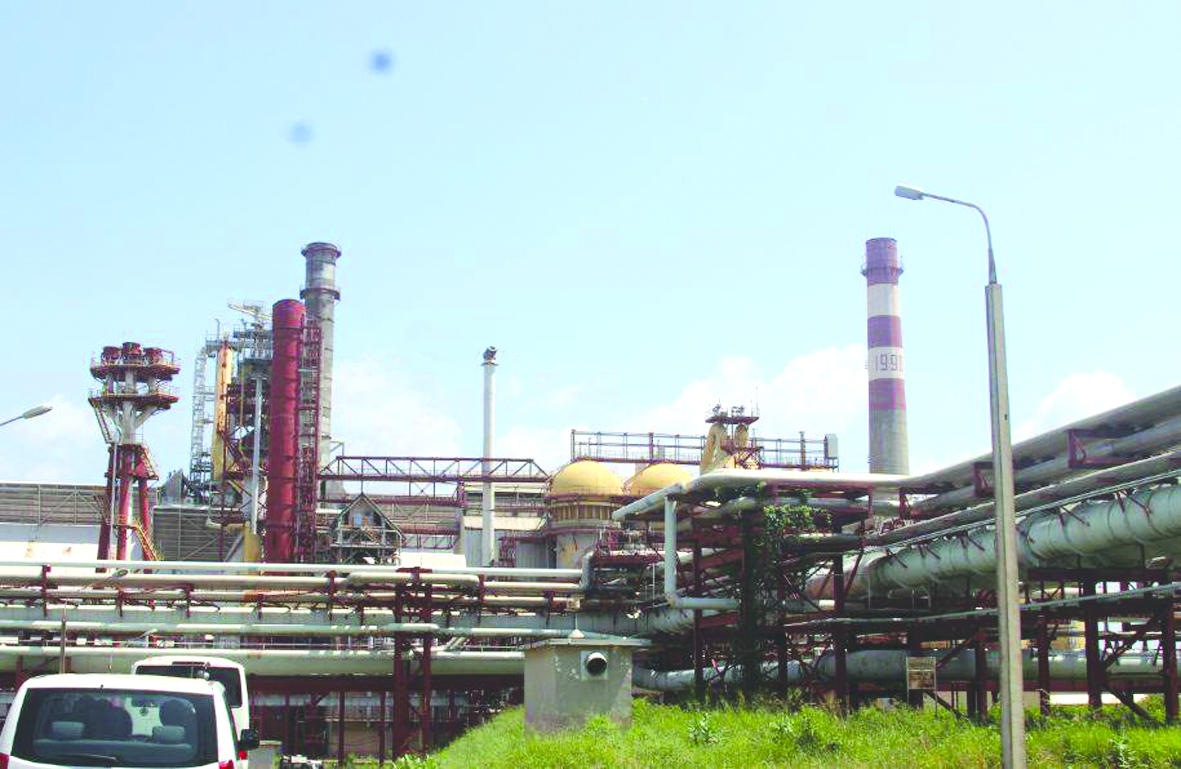- Ajaokuta: NLC, NSE, Others Seek Termination of Sale Agreement
Stakeholders in the Nigerian iron and steel industry, including the Nigerian Labour Congress and the Nigerian Society of Engineers, in Abuja on Thursday asked the Federal Government to terminate whatever agreement it had with the Indian firm, Global Infrastructure Nigeria Limited, regarding the Ajaokuta Steel Complex and the National Iron Ore Mining Company, Itakpe.
The Executive Secretary, African Iron and Steel Association, Dr. Sanusi Mohammed, also alleged that the Modified Agreement signed between the Federal Government and GINL was a document prepared by the Indian firm and rubber stamped by the government.
They said it was improper for the government to be warming up for the sale of Ajaokuta Steel Complex when the project had not been completed.
Others, who spoke at the press conference, included a former Vice Chancellor of the Sokoto State University, Prof. Nuhu Yaqup; General Secretary, National Union of Textile Garment and Tailoring Workers of Nigeria, Issa Aremu; and former National Chairman, Metallurgical, Mining and Materials Division of the Nigerian Society of Engineers, Prof. David Esezobor, who represented the NSE President.
Others were a member of the Nigerian Metallurgical Society, Dr. Edeki Mudiare; and President, Igbira Youth Congress, Mr. Baba Razark, who threatened that the youth of the host communities would be forced to take drastic action if the government did not stop taking decisions that were against the interests of the nation and the host communities.
Mohammed said rather than enter into a new negotiation with the Indian firm, the Economic and Financial Crimes Commission should investigate and prosecute the firm for economic sabotage as was directed by the late President Umaru Yar’Adua in 2008.
He said the EFCC should also fish out Nigerian collaborators who had allegedly been working against the national interest in the iron and steel industry, which he said was the only thing that could provide the basis for industrialisation and national development.
Mohammed also alleged that a Nigerian had emerged to claim that he owned GINL in Nigeria and had incorporated a company in alliance with a serving governor, waiting in the wings to pounce on Ajaokuta Steel.
The Federal Government had given out Ajaokuta Steel and NIOMCO, Itakpe to GINL in 2005 as a concession but in 2008, the agreement was terminated with the government accusing the company of stripping the assets of the steel complex.
Consequently, the Indian firm headed for the International Court of Arbitration London. The case lingered until the Federal Government in August 2016 announced an out-of-court settlement that meant that GINL would manage Itakpe for seven more years, while conceding Ajaokuta to the government.
The Indian firm had made fresh demands for the Itakpe-Ajaokuta-rail line (under construction), the Warri Port and the Delta Steel Plant.
Mohammed alleged the Indian firm had no other mission but to frustrate Nigeria’s quest to have a slice of the global steel industry and that it should be prosecuted for failing in the previous agreement rather being pampered by the Federal Government.
He said, “The Federal Government should pursue a clear vision as well as clear policies and a road map/strategies for the development of the iron and steel sector, and hold the resurgence of steel as priority for the nation’s building.”

 Billionaire Watch2 weeks ago
Billionaire Watch2 weeks ago
 Startups4 weeks ago
Startups4 weeks ago
 News4 weeks ago
News4 weeks ago
 News4 weeks ago
News4 weeks ago
 Bitcoin4 weeks ago
Bitcoin4 weeks ago
 Naira4 weeks ago
Naira4 weeks ago
 Forex3 weeks ago
Forex3 weeks ago
 Treasury Bills4 weeks ago
Treasury Bills4 weeks ago

























